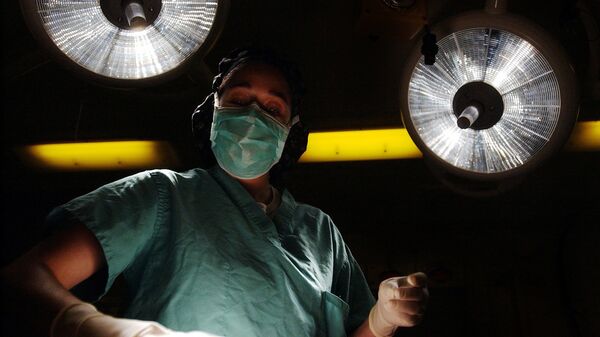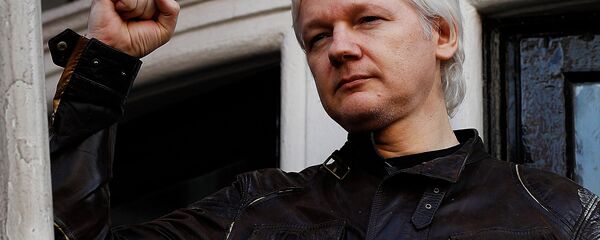Mr Justice MacDonald, a High Court judge, ruled on Monday, January 29, accepted expert opinion from specialists at King's College Hospital in London that giving further intensive treatment to Isaiah Haastrup is "futile, burdensome and not in his best interests."
His parents Takesha Thomas and father Lanre Haastrup, both 36, from Peckham, south-east London, had earlier pleaded for their son to continue being given life support treatment.
Isaiah was born at the London hospital on February 18, 2017, with severe disabilities after he suffered "catastrophic" brain damage due to being deprived oxygen at birth.
Immense suffering
At an earlier hearing before the Family Division of the High Court in London, barrister Fiona Paterson, representing the hospital trust, said nobody could understand the pain and suffering the parents had endured.
The overwhelming medical evidence showed, however, that stopping treatment and providing only palliative care was in the boy's best interests.Doctors said Isaiah was in a low level of consciousness, could not move or breathe independently and was connected to a ventilator. They said he did not respond to stimulation.
His mother told the judge: "When I speak to him he will respond, slowly, by opening one eye. I see a child who is injured. He needs love. He needs care. I have it. I can give it." "To say it is so poor, it is not worth living, that is not right. It is not their decision to make," she said.
The case of #Isaiahhaastrup is devastating, and I would suggest all those who wish to comment, read the judgementhttps://t.co/6HkMT4NfmR
— Spy (@TheAngryMozart) 29 January 2018
In his judgement, Mr Justice MacDonald said: "Examining Isaiah's best interests from a broad perspective….I am satisfied that it is not in his best interests for life-sustaining treatment to be continued. That, with profound sadness, is my judgement."
Mr Justice Macdonald: “I am
satisfied that it is not his best interests for life sustaining medical treatment to be
continued in respect of Isaiah [Haastrup]… That, with profound sadness, is my judgment.” https://t.co/h2Z4vgljoB
— Joshua Rozenberg (@JoshuaRozenberg) 29 January 2018
Isaiah Haastrup suffered "catastrophic" brain damage due to being deprived of oxygen at birth.
— pointerlu (@pointerlu) 29 January 2018
Immediately after the ruling, Mr Haastrup said: "We will be speaking to the lawyers to see what they say. Of course, one is disappointed."
Similar Case
The case is strikingly similar to another one that dominated world headlines last year involving a baby suffering from a rare genetic disease. Charlie Gard had a rare genetic disorder known as mitochondrial DNA depletion syndrome that led to the weakening of his muscles and organ dysfunction.
They wanted the hospital to release Charlie into their custody so they could take him to the United States for experimental treatment.They appealed to the UK Supreme Court to decide the best interests of their child.
They lost that appeal, leaving doctors open to switch off his life support machine.The case was eventually sent to the European Court of Human Rights, an international court based in Strasbourg, France, to consider the case and eventually they agreed it was not in Charlie's best interests. His life support machine was finally turned off on 28 July, 2017.





